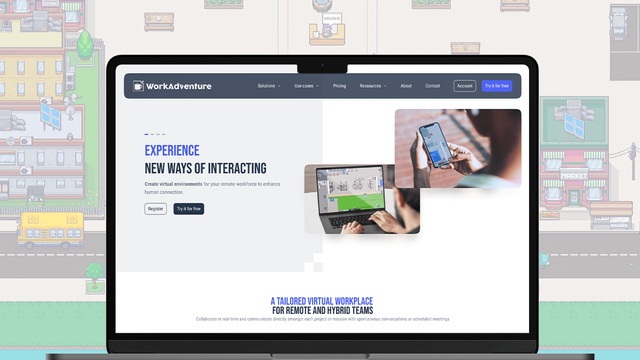An incomplete list of people excluded from 'international' conferences that are in-person only and aren't streamed or recorded
- People with caring responsibilities
- People with disabilities
- People with health vulnerabilities
- People who don't fly in recognition of climate emergencies
- People who work for orgs with ethical no-fly policies
- People who have their travel disrupted due to climate chaos
- People who only engage with fully open access scholarship (if you have to travel+pay to watch a talk, it's not at all open access, even if a related publication is)
- People who can't leave their country for fear of not being let back in
- People who can't get visas
- Unfunded/underfunded people
- People with unfavourable exchange rates
- People who have limited holidays off work
- People who can't afford it
- etc..
I guess you end up with rooms mostly of academics with travel budgets who are too senior to really do research any more, and research students with stipends. That's fine but the perspectives can feel limited, ungrounded and underinformed.. with a huge environmental cost.
